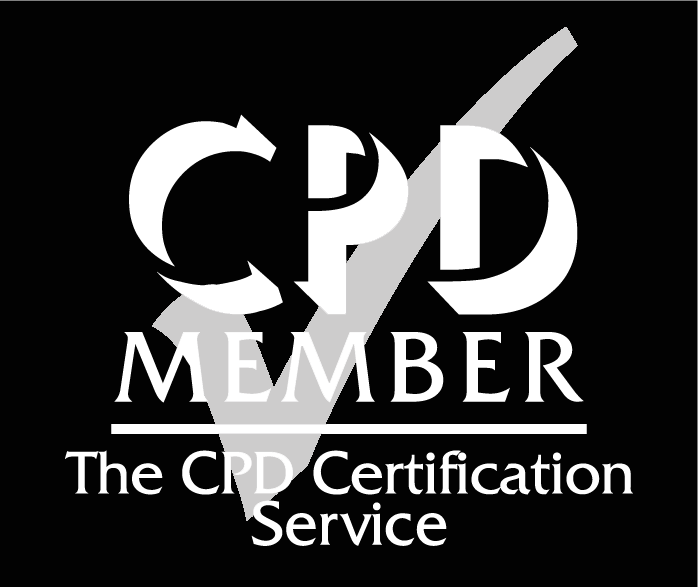What is a supportive home environment?
As performers of all types take accolades from their peers and the public. They often cite the influence and support of their families and friends from the outset. In most cases they recognise the nurture that they have received in getting to their current position.
We cannot ignore the influence our strongest relationships have on our life and by continuation our performances. We must invest what we can to making sure that these relationships are at their optimum for as long as possible.
We cannot ignore the influence our strongest relationships have on our life and by continuation our performances. We must invest what we can to making sure that these relationships are at their optimum for as long as possible.
Maximising Performance
In order to maximise our performance we need to invest in our home environment in order to maintain healthy relationships, and where these start to break down, we need to recognise that changes in our investment levels maybe necessary.
Parents and carers introduce us from a young age to our niche or chosen discipline. The same parent carer drive us to succeed in the field initially. Or we may take ownership ourselves at some point. Maintaining a positive personal relationship at home can prove difficult as we start to aspire to professional levels of our discipline. Especially when the parent or carer may quickly become less able to coach at the right level, however their personal support remains invaluable.
There may become a time where the aspirations of the performer and those of the parents or carers are not in alignment. There may also be unrealistic expectations that may form with either party as a result of these different aspiration and expectation levels. In extreme circumstances significant harm can result. Research now shows us that overbearing expectations and behaviours towards performers. Can cause long term damage. Especially those young or still to reach full development.
Self-Reflection
If you recognise yourself as either that overbearing person or be under the influence of such a person. It is important that we take a period of reflection and a move towards behaviour change. It would be wise to see how all participants personalities differ and to take steps to discover who you really are?
As we move further into adulthood a new learning process starts and the nature of our relationships change as we start the process of establishing our own “Home Environment”. We establish relationships with partners and sometimes children. As well as changing priorities with existing family relationships. In these new arrangements. We find the same support or challenges. Continued reflection and full commitment to our home relationships creates a firm foundation that encourages and supports us.
As we move further into adulthood a new learning process starts and the nature of our relationships change as we start the process of establishing our own “Home Environment”. We establish relationships with partners and sometimes children. As well as changing priorities with existing family relationships. In these new arrangements. We find the same support or challenges. Continued reflection and full commitment to our home relationships creates a firm foundation that encourages and supports us.
Overbearing behaviours in any “home environment” could be problematic. Significant help may be necessary. When these take the form of bullying or slight behavioural adjustments will be needed. To enable beneficial change where mildly repetitive. Learning to “take charge” and become responsible for your own pathway would be useful, although you may reflect on advice from other influences, your decisions should remain your own.
No barrier to success
Inevitably all loving home relationships are fundamental to our continued success. Their absence however does not have to mean failure. There are many success stories of many people who having endured difficult upbringings. Before going on to enjoy success. In most cases simply engaging in empathetic. But direct talking can resolve any issues and clear pathways for relationship growth.
All the above may only become apparent when we properly reflect on the topic specifically, the Pillars Questionnaire is an ideal mechanism that prompts us to analyse ourselves. In a simple but powerful way. It is only after having identified potential problems that we can then find the best solution.




